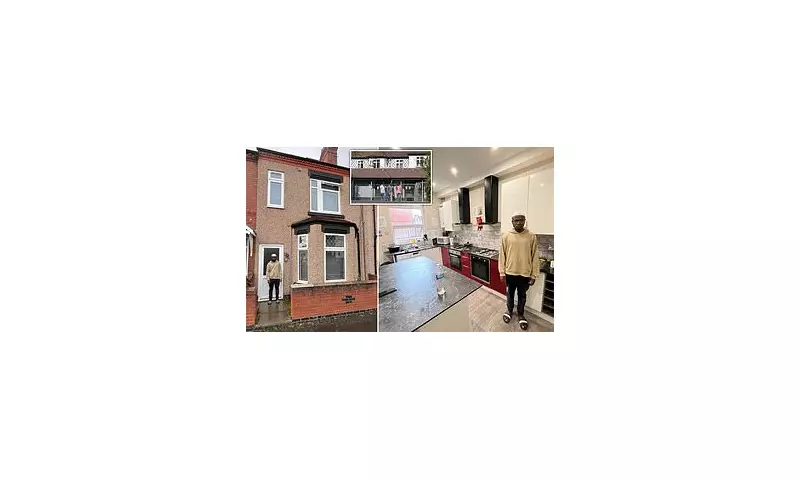
The British government is embarking on a drastic expansion of its migrant accommodation programme, resorting to converting former family homes and a controversial giant barge to house a record number of asylum seekers. The move comes as the UK's asylum backlog soars to unprecedented levels, putting immense strain on the Home Office's resources.
Newly revealed plans indicate that at least a dozen properties previously used as family homes are being repurposed into centres for housing migrants. This shift in strategy highlights the escalating pressure on the government to find accommodation outside of expensive hotel contracts, which have cost taxpayers billions.
The Bibby Stockholm: A Floating Contention
At the centre of this new approach is the Bibby Stockholm barge, currently docked in Portland, Dorset. After a temporary evacuation due to the discovery of Legionella bacteria in the water system, the vessel is being refilled with migrants. The government insists the barge is now "safe and secure" and provides "basic and functional accommodation" as an alternative to hotels.
However, the barge has faced fierce opposition from local residents and human rights groups, who condemn the conditions as "inhumane" and "prison-like." Critics argue that housing hundreds of people in a confined space on a barge is a misguided solution to a complex problem.
Scramble for Space Amid Record Backlog
This urgent push for new accommodation is a direct response to staggering new figures. The number of migrants waiting for an initial decision on their asylum application has skyrocketed, reaching a record high. This backlog has forced the Home Office to seek out any available space, leading to the conversion of various properties across the country.
The pivot towards using houses and the barge signifies a clear attempt by ministers to demonstrate they are cutting the runaway cost of hotel stays. A government spokesperson stated, "We have always been clear that the use of hotels is unacceptable—which is why we are moving towards alternative accommodation sites."
Despite these efforts, the challenge remains monumental. With small boat crossings continuing and the asylum system under severe pressure, the search for further migrant housing solutions is likely to intensify, creating ongoing tension between policy, cost, and humanitarian concerns.





